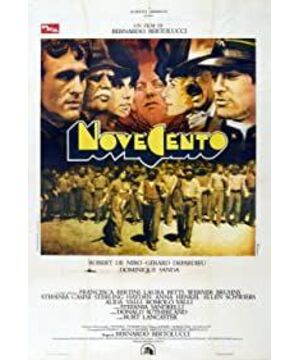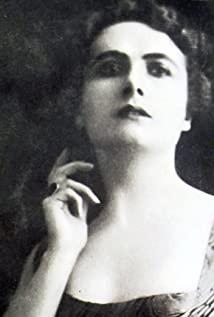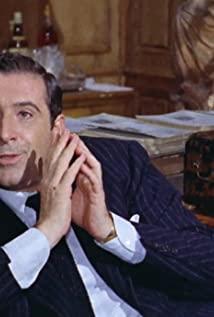I've seen the third longest video.
This film can be said to be a miracle in my lesser reading experience. Not to mention how beautiful the film is, the plot is compact for more than five hours, neither boring nor noisy, how rare it is, what is shocking is the director's ability to control the subject matter and narrative rhythm, which can be achieved in the aristocratic class. Jumping back and forth between the two worlds of great contrast with the serf and proletariat, completely separating emotions such as numbness, coldness, and wild natural fanaticism, and sometimes intersecting, so that they can be integrated into a movie, forming an ancient Greek tragic harmony. It's amazing. Moreover, several collisions between the two classes can be highlights, and the characterization is also very representative, which can be called all-encompassing.
Speaking of characters, the protagonist's image is unconventional in epic movies. I thought that Alfred should be a typical epic, a character who is in the middle of the old and new forces, whose thoughts and identity are dislocated, but he was really just a coward. He could feel the rude ecstasy of the farmer, and was accustomed to the numb comfort of the nobles. When the train came with terror, he had no intention of taking on the responsibility of the country and the family, and was even less able to share the pain and anger at the bottom. He could only choose the side with the least pain. There are no outsiders in the face of the times, only congruents in different forms. Conditioners are accomplices, and rebels inevitably go in the same direction of violence.
Bertolucci's political stance is elusive, and every indication seems to suggest that the film doesn't stop at class struggle. Instead, it emphasizes that the old aristocracy, fascism, and socialist forces have incited the collective unconscious to rise and fall one after another, but their essence is similar; it emphasizes the lack of rationality and the proliferation of ideology in the great era, and the same trend of thought and the student movement in the late 1960s. Reflection? Then the film is even more named. Repeatedly lying on the track in this film is the best metaphor, and the information concealment of the flashback structure and the details (pigs at the conference, etc.) also remind the existence of this deep theme.
However, from this point of view, the whole film is too provocative, and the tendency is unobstructed. Going back to the plot after 1945, this hidden theme was directly abandoned, and the large infectious paragraphs became cumbersome. It is unnecessary to use the speech to the camera here. There is a feeling of directly cutting the propaganda film into the epic. This strange contradiction, from the contemporaries, to 1900, to the last emperor, can be understood as a typical leftist intellectual, as well as a witness to the ebb and flow of history, inner rational reflection and prediction. , and the inextricable struggle between a little secret longing.
Fortunately, the last shot really saved the film that might have been unfinished. When the mole came out of the hole and saw the sun, did he choose to lie down in front of the train and prove it like he did when he was a child? Or should he look back on this life and see through all the camouflaged weakness, and the time spent in the dirt and dung, Lay down and choose the late escape, the final redemption?
View more about 1900 reviews











